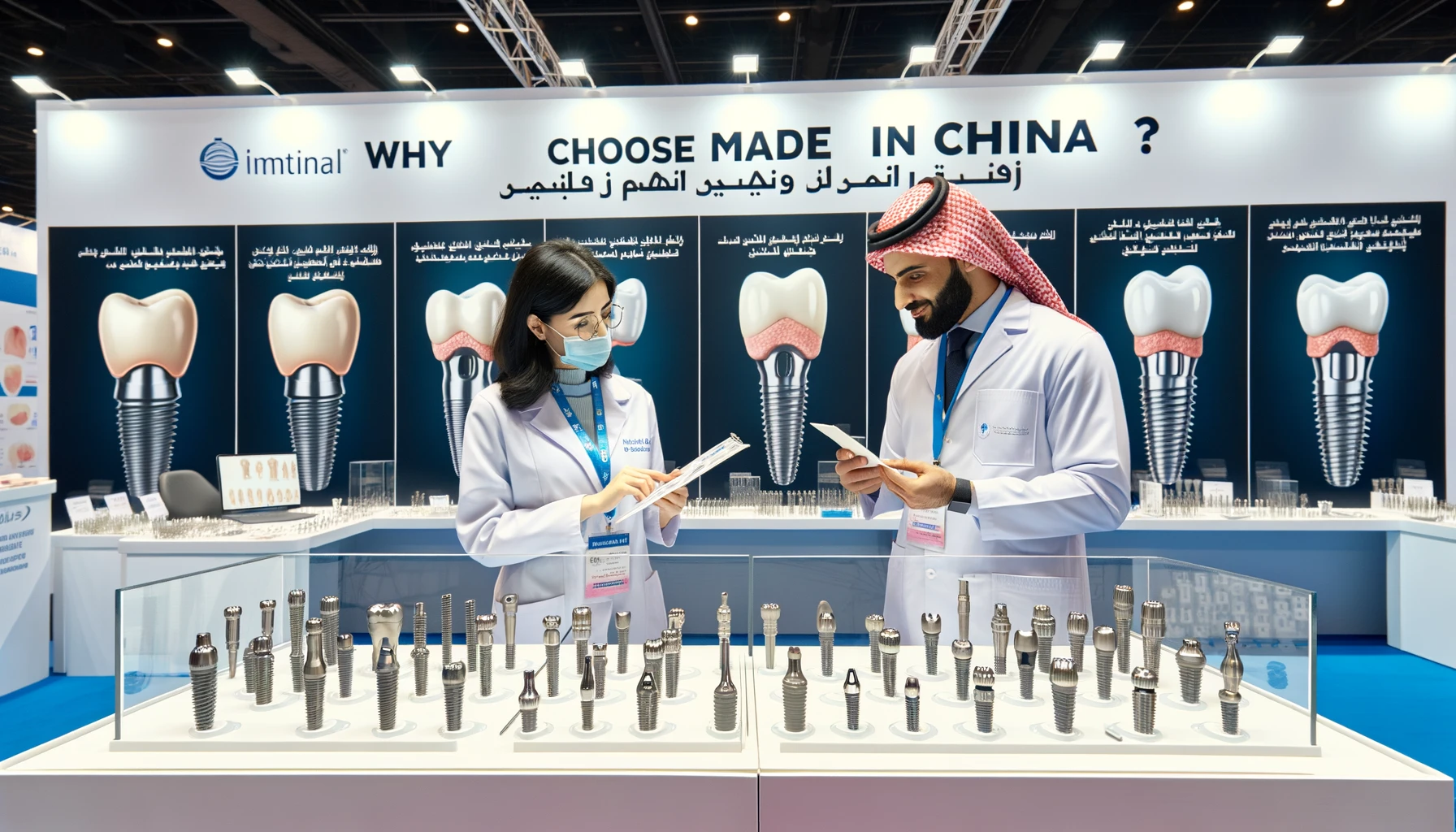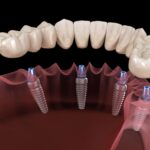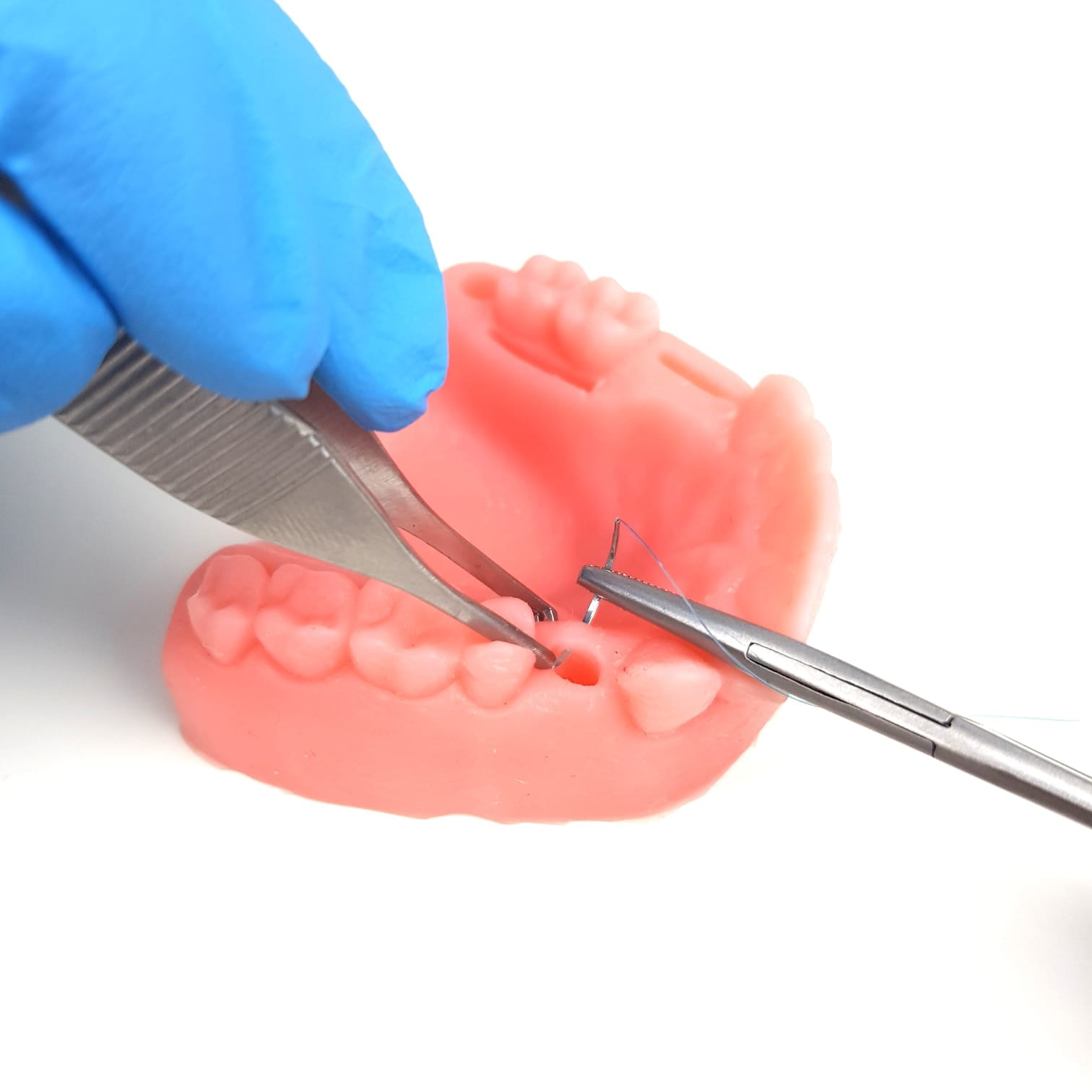Are you struggling with missing teeth? Frustrated by uncomfortable dentures or bridges? Discover dental implants—the permanent, natural-looking solution that can restore your smile and enhance your oral health. This comprehensive guide will help you understand everything you need to know about this transformative tooth replacement option.
What Are Dental Implants?
Dental implants are artificial tooth roots crafted from titanium, surgically inserted into your jawbone to replace missing teeth. Over time, the implant fuses with the bone through a process called osseointegration, creating a robust foundation for an artificial tooth known as a crown.
Unlike dentures or bridges, dental implants stand independently without relying on neighboring teeth for support. They mimic the look, feel, and function of natural teeth, allowing you to eat, speak, and smile confidently.
The Life-Changing Benefits of Dental Implants
Natural Appearance and Function
Bid farewell to the discomfort of ill-fitting dentures! Dental implants are custom-designed to match the color, shape, and size of your natural teeth, ensuring a seamless blend with your smile.
Improved Oral Health
Implants preserve your oral health by eliminating the need to grind down adjacent teeth as bridges do. They also prevent bone loss in the jaw by replacing the tooth root and stimulating the jawbone—just like natural teeth.
Permanent and Durable Solution
While dentures and bridges may require replacement every 5-10 years, dental implants are built to last a lifetime with proper care. They boast a success rate exceeding 95%, even after 20 years—making them a wise investment in your oral health.
Increased Comfort and Confidence
Say goodbye to slipping, clicking, or messy adhesives! Implants are securely anchored in your jawbone, allowing you to eat, speak, and smile without worry. This newfound confidence can significantly enhance your quality of life.
Easy Maintenance
Caring for dental implants is straightforward—just like caring for your natural teeth! Brush twice daily, floss regularly, and schedule dental check-ups. No special cleaning products are necessary.
The Dental Implant Process: What to Expect
The journey to getting dental implants typically involves several steps over a few months:
1. Consultation and Evaluation
Your dentist will examine your mouth using X-rays and 3D images to assess bone density and determine if you’re a suitable candidate for implants. If necessary, a bone graft may be recommended.
2. Tooth Extraction (if needed)
Any damaged teeth that require removal will be extracted in preparation for implant surgery.
3. Implant Surgery
Under local anesthesia, an incision is made in your gum to expose the jawbone. A small hole is drilled for the titanium implant post, which is then inserted into the bone. The area is stitched up and allowed several months to heal and integrate with the implant.
4. Abutment Placement
Once the implant has fully integrated with the jawbone (usually within 3-6 months), a connector piece called an abutment is attached.
5. Permanent Crown Placement
Finally, a custom-made crown is secured to the abutment, completing your new smile. With proper care and regular visits to your dentist, your dental implants can last a lifetime.
Implant Costs and Insurance Coverage
The cost of a single dental implant can range from $3,000 to $6,000 or more based on factors such as your dentist’s expertise, location, and case complexity. This typically includes the implant itself, abutment, crown, and all associated procedures.
Many dental insurance plans offer limited coverage for implants; therefore, costs can often be partially offset. Other financing options include flexible spending accounts or dental discount plans that make implants more affordable.
Don’t let initial costs deter you—dental implants are an investment in your oral health and overall quality of life!
Caring for Your Dental Implants
With proper care and regular professional cleanings, dental implants can last a lifetime. Here are some essential tips for maintaining them:
- Brush twice daily using a soft-bristled toothbrush with low-abrasive toothpaste.
- Floss daily with unwaxed tape or specialized implant floss to remove plaque effectively.
- Use an antimicrobial mouthwash to eliminate bacteria and keep your mouth fresh.
- Avoid smoking and excessive alcohol consumption as they can hinder healing and increase the risk of implant failure.
- Schedule professional cleanings every six months during regular dental visits.
By following these simple guidelines, you can ensure that your dental implants function like natural teeth for decades.
Ready to Regain Your Smile?
Don’t let missing teeth hold you back any longer! Dental implants provide a permanent solution that enhances both your oral health and appearance. With their exceptional durability, comfort, and ease of maintenance, they represent an investment worth making.
If you’re contemplating dental implants, take the first step by scheduling a consultation with an experienced implant dentist. They will assess your unique needs and create a personalized treatment plan tailored just for you.
Say goodbye to the hassles of dentures and bridges—embrace the life-changing benefits of dental implants today! Your future self will thank you!
For more information on dental implants or to find a qualified dentist near you, visit American Academy of Implant Dentistry or American Dental Association.
How to Choose Dental Implant Size?
Your oral surgeon bases the size of the dental implant on the specific anatomy of your jawbone and the location of the missing tooth.
Can Dental Implants Be Filed Down?
It is crucial to understand that once placed, dental implants are not meant to be altered in shape like natural teeth. Any adjustments should be discussed with your dental professional.
What Should Dental Implants Look Like?
A well-placed dental implant should closely resemble the appearance of your natural teeth in shape and color.
How to Care for All on 4 Dental Implants?
Maintenance of All-on-4 dental implants involves regular brushing, flossing, and routine dental check-ups to ensure their longevity.















